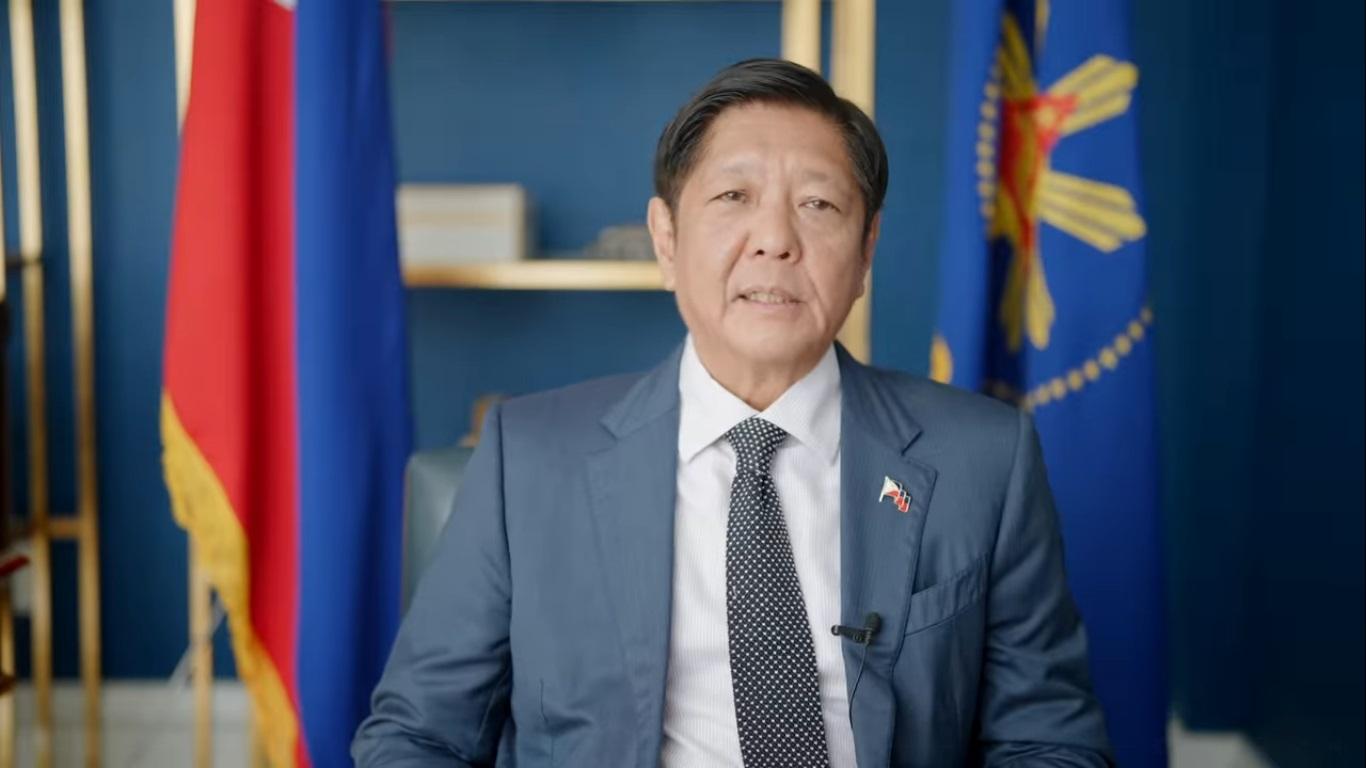Marcos pushes for increased internet connectivity for MSMEs, nano-enterprises
Published April 19, 2024 11:08am President Ferdinand “Bongbong” Marcos Jr. on Friday highlighted the need for increased internet connectivity in the Philippines to bring micro, small, medium enterprises (MSMEs) and nano-enterprises to the digital space. Speaking at the Department of Information and Communications Technology’s launching of the National Fiber Backbone (NFB) Phase 1 project, Marcos […]


President Ferdinand “Bongbong” Marcos Jr. on Friday highlighted the need for increased internet connectivity in the Philippines to bring micro, small, medium enterprises (MSMEs) and nano-enterprises to the digital space.
Speaking at the Department of Information and Communications Technology’s launching of the National Fiber Backbone (NFB) Phase 1 project, Marcos stressed that the internet has become the “backbone of trade, communications, transactions within and amongst communities.”
“One of the most important aspects that we have focused upon is an effort, and that’s why connectivity has been very important… the very big push to bring MSMEs into the digital space. So that we get to the point where the sari-sari store does not sell only to the village. The sari-sari store can sell anywhere and that brings us to the digital space,” Marcos said.
“Even as to what we refer to the nano-enterprises… I’m talking about the shoe shine boy, the mekaniko (mechanics)… all of these nano-enterprises will also have access to that and that will give them more opportunities and that is such an important part of the economic transformation that we are hoping to achieve here in the Philippines,” the President added.
Tagging the completion of the NFB Phase 1 project as an “enormous breakthrough,” Marcos said that a fast and reliable internet would allow Filipinos to reach their full potential.
The completion of the next five phases of the NFB by 2026 is seen to increase the penetration rate from the current 33% to 65%, reaching 70 out of the 115 million Filipinos nationwide, he added.
The President said it is also expected to bring down the price of the internet to as much as $5 dollars per megabits per second (MPBS).
Further, Marcos said internet infrastructures such as the NFB would help the country’s economy and would foster greater inclusivity among Filipinos.
“Nationally, this is the infrastructure that will open employment opportunities, improve market efficiency, attract foreign investment, and stimulate livelihood across the different sectors of our economy and our society,” he said.
“It will close the digital divide and bring to our people the transformative power of free and fast access to information. It will allow the state to guarantee the people’s enjoyment of the internet as a basic human right,” he added.
In ending his speech, Marcos called on the NFB stakeholders to remain committed in completing the project to “bring our businesses closer to consumers, our nation closer to the rest of the world and our people closer to their loved ones.”
He likewise challenged his fellow public servants to spread these initiatives to all parts of the country, especially to those who remain without access to the internet to ensure that every Filipino is empowered in the digital era.
The NFB Phase 1 involved the activation of 28 nodes spanning from Laoag, Ilocos Norte to Roces, Quezon City.
Marcos said this would bring high speech internet access to at least 14 provinces in Northern and Central Luzon, two national government data centers, and four BCDA eco-zones. This will likewise empower 346 national and local government offices connected to the Government Network or GovNet.—AOL, GMA Integrated News














